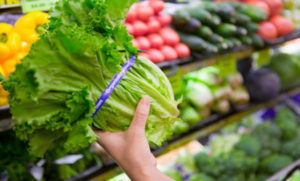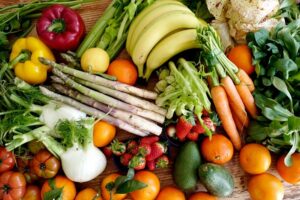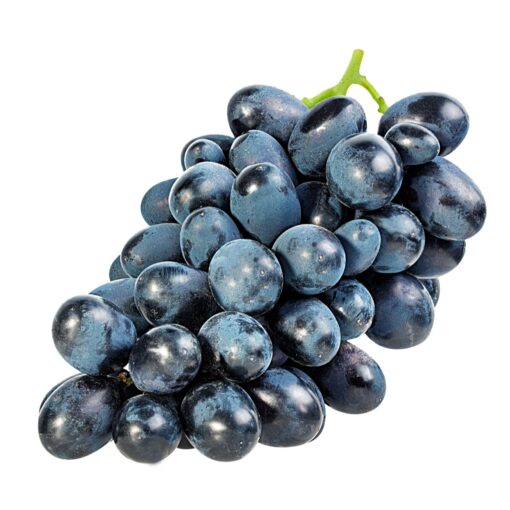
How Can Your Body Benefit From Eating Organic Food?
Organic food has lower cadmium concentrations and higher amounts of antioxidants. Also, not to mention that organic food has little to no pesticide residue.
Cadmium is a toxic chemical often found in fertilizers used in modern farming. It can also be found in plants, shellfish, fish and animals that are grown in a contaminated area according to Hong Kong’s Centre of Food Safety. They also share how our bodies can be affected by cadmium toxicity which can affect our intestinal tract, liver, heart, and kidneys.
Antioxidants are molecules found in a variety of foods, such as fruits and vegetables, that help reduce and prevent cell damage. They are known to help our bodies get rid of toxins, which can boost our overall health. Toxins can be linked to cancer, vision loss, atherosclerosis and other ailments.
Fruits and vegetables have anti-inflammatory effects due to their flavonoids, molecules that act as antioxidants, that help protect our cells from damage and other chronic illnesses. Flavonoids boost our immune system too, and diets rich in flavonoid can be associated with preventing cancer, neurodegenerative and cardiovascular diseases.

What Does “Organic” Mean?
Organic agriculture is an ecological production management system that promotes and enhances biodiversity, biological cycles, and soil biological activity. It is based on minimal use of off-farm inputs and on management practices that restore, maintain and enhance ecological harmony.
Organic is a labeling term that denotes products produced under the authority of the Organic Foods Production Act. The principal guidelines for organic production are to use materials and practices that enhance the ecological balance of natural systems and that integrate the parts of the farming system into an ecological whole.
Organic agriculture practices cannot ensure that products are completely free of residues, however, methods are used to minimize pollution from air, soil, and water.
Organic food handlers, processors and retailers adhere to standards that maintain the integrity of organic agricultural products. The primary goal of organic agriculture is to optimize the health and productivity of interdependent communities of soil life, plants, animals, and people.
In short, organic means that the food production was done according to these standards to help reduce pollution and have little to no pesticides. If you see organic on the food label whether it’s meats, fruits, vegetables, or other food items, it means that they have passed the USDA organic standard.

The word “organic” is now a familiar term with many people across America, we see it all over the grocery store on food labels and in the produce aisle. But what does it really mean when it comes to food? How can our body benefit from eating organic meals? How many pesticides are we exposed to when we eat conventional produce, and can eating organic produce and meats help us lose weight?

Build Healthy Soil.
Mono-cropping and chemical fertilizer dependency has taken a toll with a loss of top soil estimated at a cost of $40 billion per year in the U.S., add to this an equally disturbing loss of micro nutrients and minerals in fruits and vegetables. Feeding the soil with organic matter instead of ammonia and other synthetic fertilizers has proven to increase nutrients in produce, with higher levels of vitamins and minerals found in organic food. Therefore elevating antioxidant levels in food through organic farming and food processing.



